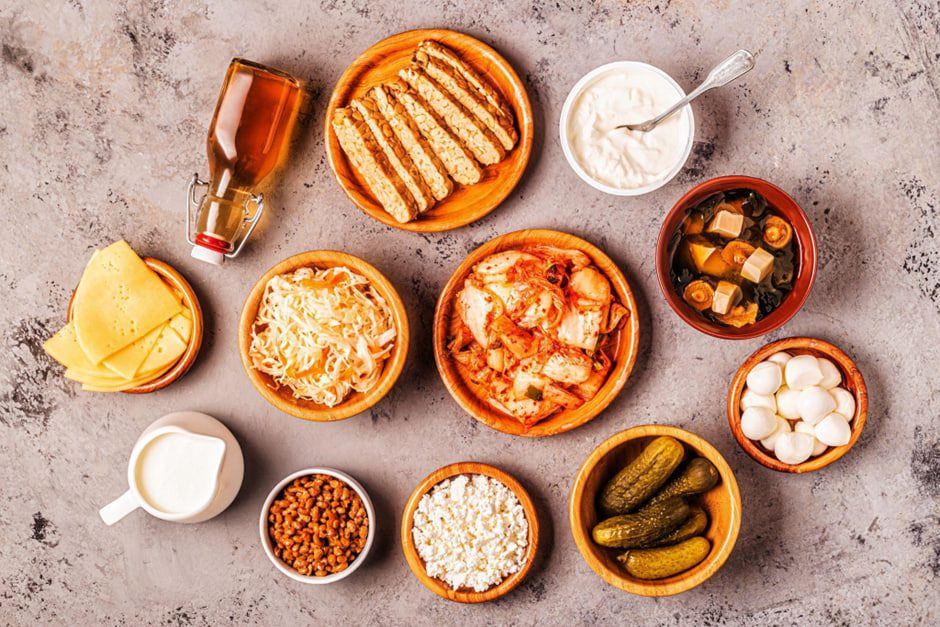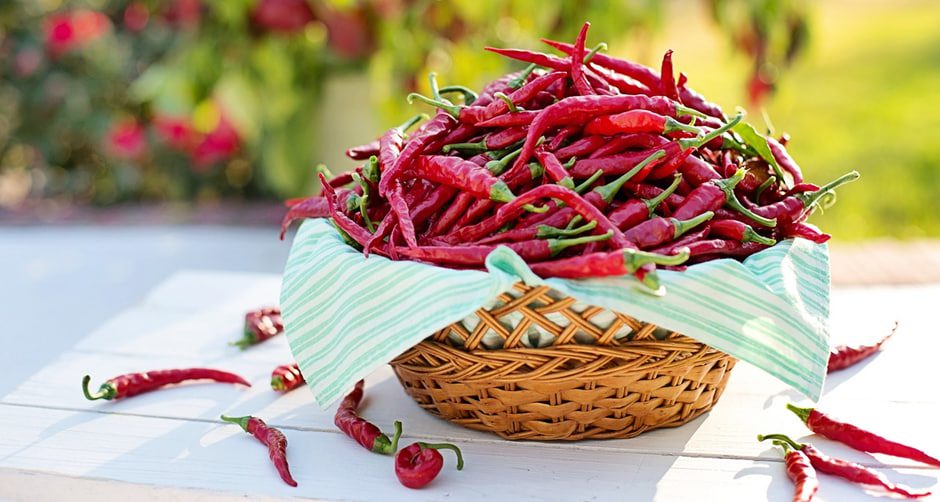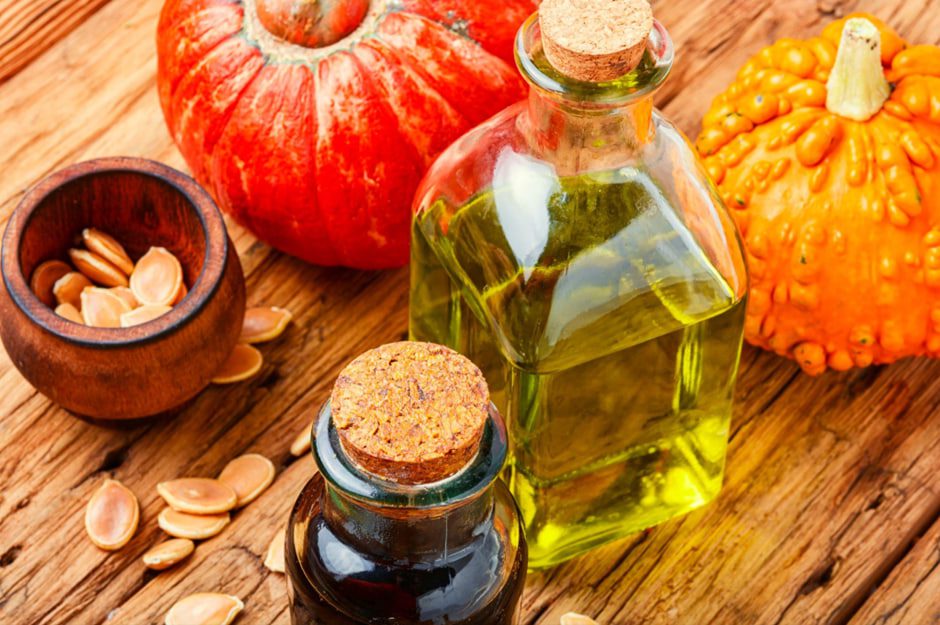Have you ever heard the saying, “Hair is everything?” There are definitely mornings where our whole mood is set by how it looks! But while it’s true that our hair can make a big difference in how we look, there’s more to it than meets the eye. Healthy hair can play an important role in our mental wellbeing by making us feel confident and happy. In this article, we’ll explore the factors that lead to hair loss. We’ll also look at some unexpected foods that can help us with hair health and improve our wellbeing.
What leads to hair loss, and what prevents it?
Hair loss is influenced by several factors. There are, of course, some genetic factors. Some people are born with a gene that makes them lose their hair earlier than others. But that’s not the entire picture. Certain lifestyle habits can contribute to hair loss. Poor sleeping patterns, poor diet, smoking, and alcohol consumption are all tied to hair loss. And there’s more, lack of nutrients can also play a role.
When our hair lacks nutrients, changes occur in its structure, texture, and viability. So, one way to protect our hair is by including raw vegetables, fresh herbs, and soy milk in our meals. Herbs and vegetables are packed with nutrients like vitamins A, C, and E, which contribute to healthy hair. Soy milk contains proteins that can strengthen and improve the appearance of our hair. So don’t hesitate to include this nutritious drink in your oatmeal or coffee!1,2
The power of our microbiome
The friendly bacteria in our gut, known as the microbiome, play a crucial role in our health. Recent studies on the connection between the microbiome and hair health have shown surprising results. Now, the next part may sound strange, but it’s actually very cool. Fecal transplants, where healthy gut bacteria are transferred from a donor to a recipient, have positive effects on hair growth! So this means that creating a better environment in your gut can have an impact and lead to hair growth.3
To maintain a healthy microbiome and promote healthy hair, we need to focus on our gut health. One way to achieve this is through eating prebiotics and probiotics. Prebiotics are fibers that nourish our beneficial gut bacteria. They are in foods such as bananas, onions, garlic, and whole grains. By including these foods in our diet, we can support the growth of the good bacteria in our gut. As we learned before, this can benefit our hair. Probiotics are live bacteria that directly contribute to a healthy microbiome. Probiotic-rich foods like sauerkraut and kimchi can help your microbiome thrive.4

Hot peppers and soy
When it comes to hair growth, hot peppers and soy have also shown promising results. Capsaicin is the compound responsible for the spicy kick in hot peppers. It has been found to promote hair growth. One quarter of a fresh jalapeno pepper contains enough capsaicin. If you’re not a fan of spicy peppers, there are still plenty of other nutrient-rich foods to choose from!5
Another compound to consider is isoflavones, found in soy products. Studies have suggested that isoflavones may help with hair growth. Consuming about a ¾ cup of tempeh or soybeans is enough to provide a dose of isoflavones. So, whether you’re adding a hint of spiciness to your meals or enjoying vegetarian dishes, you may be doing wonders for your hair!5

Pumpkin seed oil
Pumpkin seed oil has been getting attention for its potential effects on hair growth. Studies have suggested that it may have an anti-androgen effect. That means it can help counter the hormones associated with hair loss. One study focused on men with male pattern baldness who took pumpkin seed oil capsules. The results showed both objective and subjective improvements in hair growth. This gives hope to those seeking natural solutions. There is also no evidence to suggest any negative effects on health! More research is needed to understand how it works. But, adding pumpkin seed oil to salads or using it while cooking may have hair benefits. Individual results may vary, and it’s always a good idea to consult with a healthcare professional for more information.6,7

Take-home message
When it comes to healthy hair, remember that no single food or supplement can work miracles on its own. Getting healthy hair requires a balanced, nutritious diet and a healthy lifestyle. In your diet, keep exploring the tasty world of hair-friendly foods! These choices can lead to great hair and wellbeing.
Sign up for our newsletter
Follow our story
What to eat for hair growth
Hair is everything, right? We need to care for it and cherish it, so read on to find out what to read for hair health and growth!

October 10th, 2023
Have you ever heard the saying, “Hair is everything?” There are definitely mornings where our whole mood is set by how it looks! But while it’s true that our hair can make a big difference in how we look, there’s more to it than meets the eye. Healthy hair can play an important role in our mental wellbeing by making us feel confident and happy. In this article, we’ll explore the factors that lead to hair loss. We’ll also look at some unexpected foods that can help us with hair health and improve our wellbeing.
What leads to hair loss, and what prevents it?
Hair loss is influenced by several factors. There are, of course, some genetic factors. Some people are born with a gene that makes them lose their hair earlier than others. But that’s not the entire picture. Certain lifestyle habits can contribute to hair loss. Poor sleeping patterns, poor diet, smoking, and alcohol consumption are all tied to hair loss. And there’s more, lack of nutrients can also play a role.
When our hair lacks nutrients, changes occur in its structure, texture, and viability. So, one way to protect our hair is by including raw vegetables, fresh herbs, and soy milk in our meals. Herbs and vegetables are packed with nutrients like vitamins A, C, and E, which contribute to healthy hair. Soy milk contains proteins that can strengthen and improve the appearance of our hair. So don’t hesitate to include this nutritious drink in your oatmeal or coffee!1,2
The power of our microbiome
The friendly bacteria in our gut, known as the microbiome, play a crucial role in our health. Recent studies on the connection between the microbiome and hair health have shown surprising results. Now, the next part may sound strange, but it’s actually very cool. Fecal transplants, where healthy gut bacteria are transferred from a donor to a recipient, have positive effects on hair growth! So this means that creating a better environment in your gut can have an impact and lead to hair growth.3
To maintain a healthy microbiome and promote healthy hair, we need to focus on our gut health. One way to achieve this is through eating prebiotics and probiotics. Prebiotics are fibers that nourish our beneficial gut bacteria. They are in foods such as bananas, onions, garlic, and whole grains. By including these foods in our diet, we can support the growth of the good bacteria in our gut. As we learned before, this can benefit our hair. Probiotics are live bacteria that directly contribute to a healthy microbiome. Probiotic-rich foods like sauerkraut and kimchi can help your microbiome thrive.4

Hot peppers and soy
When it comes to hair growth, hot peppers and soy have also shown promising results. Capsaicin is the compound responsible for the spicy kick in hot peppers. It has been found to promote hair growth. One quarter of a fresh jalapeno pepper contains enough capsaicin. If you’re not a fan of spicy peppers, there are still plenty of other nutrient-rich foods to choose from!5
Another compound to consider is isoflavones, found in soy products. Studies have suggested that isoflavones may help with hair growth. Consuming about a ¾ cup of tempeh or soybeans is enough to provide a dose of isoflavones. So, whether you’re adding a hint of spiciness to your meals or enjoying vegetarian dishes, you may be doing wonders for your hair!5

Pumpkin seed oil
Pumpkin seed oil has been getting attention for its potential effects on hair growth. Studies have suggested that it may have an anti-androgen effect. That means it can help counter the hormones associated with hair loss. One study focused on men with male pattern baldness who took pumpkin seed oil capsules. The results showed both objective and subjective improvements in hair growth. This gives hope to those seeking natural solutions. There is also no evidence to suggest any negative effects on health! More research is needed to understand how it works. But, adding pumpkin seed oil to salads or using it while cooking may have hair benefits. Individual results may vary, and it’s always a good idea to consult with a healthcare professional for more information.6,7

Take-home message
When it comes to healthy hair, remember that no single food or supplement can work miracles on its own. Getting healthy hair requires a balanced, nutritious diet and a healthy lifestyle. In your diet, keep exploring the tasty world of hair-friendly foods! These choices can lead to great hair and wellbeing.
Have you ever heard the saying, “Hair is everything?” There are definitely mornings where our whole mood is set by how it looks! But while it’s true that our hair can make a big difference in how we look, there’s more to it than meets the eye. Healthy hair can play an important role in our mental wellbeing by making us feel confident and happy. In this article, we’ll explore the factors that lead to hair loss. We’ll also look at some unexpected foods that can help us with hair health and improve our wellbeing.
What leads to hair loss, and what prevents it?
Hair loss is influenced by several factors. There are, of course, some genetic factors. Some people are born with a gene that makes them lose their hair earlier than others. But that’s not the entire picture. Certain lifestyle habits can contribute to hair loss. Poor sleeping patterns, poor diet, smoking, and alcohol consumption are all tied to hair loss. And there’s more, lack of nutrients can also play a role.
When our hair lacks nutrients, changes occur in its structure, texture, and viability. So, one way to protect our hair is by including raw vegetables, fresh herbs, and soy milk in our meals. Herbs and vegetables are packed with nutrients like vitamins A, C, and E, which contribute to healthy hair. Soy milk contains proteins that can strengthen and improve the appearance of our hair. So don’t hesitate to include this nutritious drink in your oatmeal or coffee!1,2
The power of our microbiome
The friendly bacteria in our gut, known as the microbiome, play a crucial role in our health. Recent studies on the connection between the microbiome and hair health have shown surprising results. Now, the next part may sound strange, but it’s actually very cool. Fecal transplants, where healthy gut bacteria are transferred from a donor to a recipient, have positive effects on hair growth! So this means that creating a better environment in your gut can have an impact and lead to hair growth.3
To maintain a healthy microbiome and promote healthy hair, we need to focus on our gut health. One way to achieve this is through eating prebiotics and probiotics. Prebiotics are fibers that nourish our beneficial gut bacteria. They are in foods such as bananas, onions, garlic, and whole grains. By including these foods in our diet, we can support the growth of the good bacteria in our gut. As we learned before, this can benefit our hair. Probiotics are live bacteria that directly contribute to a healthy microbiome. Probiotic-rich foods like sauerkraut and kimchi can help your microbiome thrive.4

Hot peppers and soy
When it comes to hair growth, hot peppers and soy have also shown promising results. Capsaicin is the compound responsible for the spicy kick in hot peppers. It has been found to promote hair growth. One quarter of a fresh jalapeno pepper contains enough capsaicin. If you’re not a fan of spicy peppers, there are still plenty of other nutrient-rich foods to choose from!5
Another compound to consider is isoflavones, found in soy products. Studies have suggested that isoflavones may help with hair growth. Consuming about a ¾ cup of tempeh or soybeans is enough to provide a dose of isoflavones. So, whether you’re adding a hint of spiciness to your meals or enjoying vegetarian dishes, you may be doing wonders for your hair!5

Pumpkin seed oil
Pumpkin seed oil has been getting attention for its potential effects on hair growth. Studies have suggested that it may have an anti-androgen effect. That means it can help counter the hormones associated with hair loss. One study focused on men with male pattern baldness who took pumpkin seed oil capsules. The results showed both objective and subjective improvements in hair growth. This gives hope to those seeking natural solutions. There is also no evidence to suggest any negative effects on health! More research is needed to understand how it works. But, adding pumpkin seed oil to salads or using it while cooking may have hair benefits. Individual results may vary, and it’s always a good idea to consult with a healthcare professional for more information.6,7

Take-home message
When it comes to healthy hair, remember that no single food or supplement can work miracles on its own. Getting healthy hair requires a balanced, nutritious diet and a healthy lifestyle. In your diet, keep exploring the tasty world of hair-friendly foods! These choices can lead to great hair and wellbeing.
Sign up for our newsletter
Follow our story